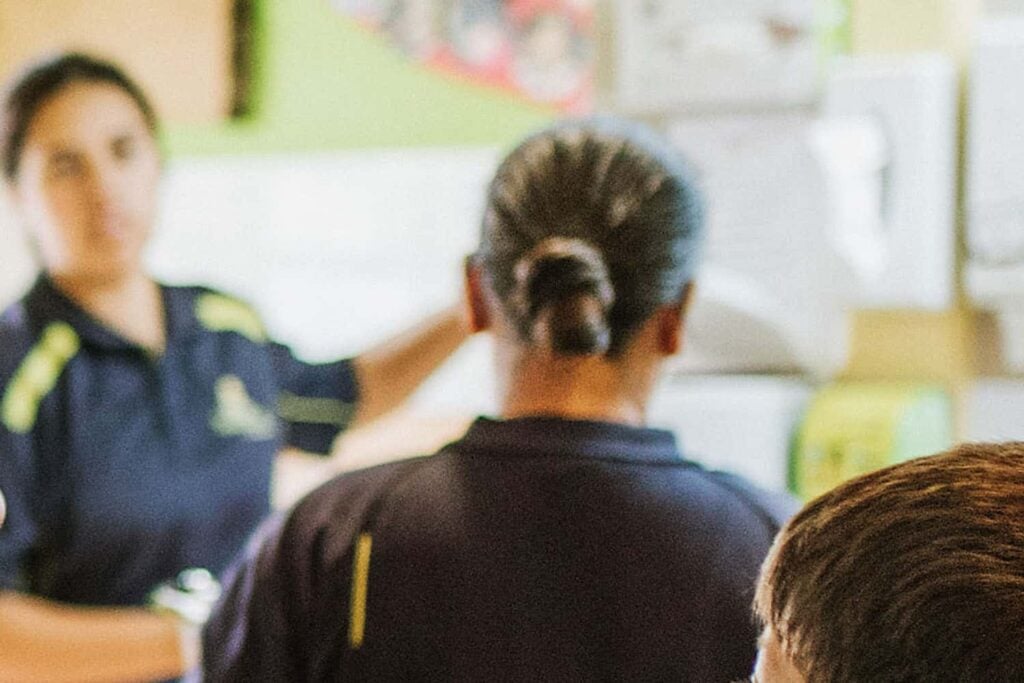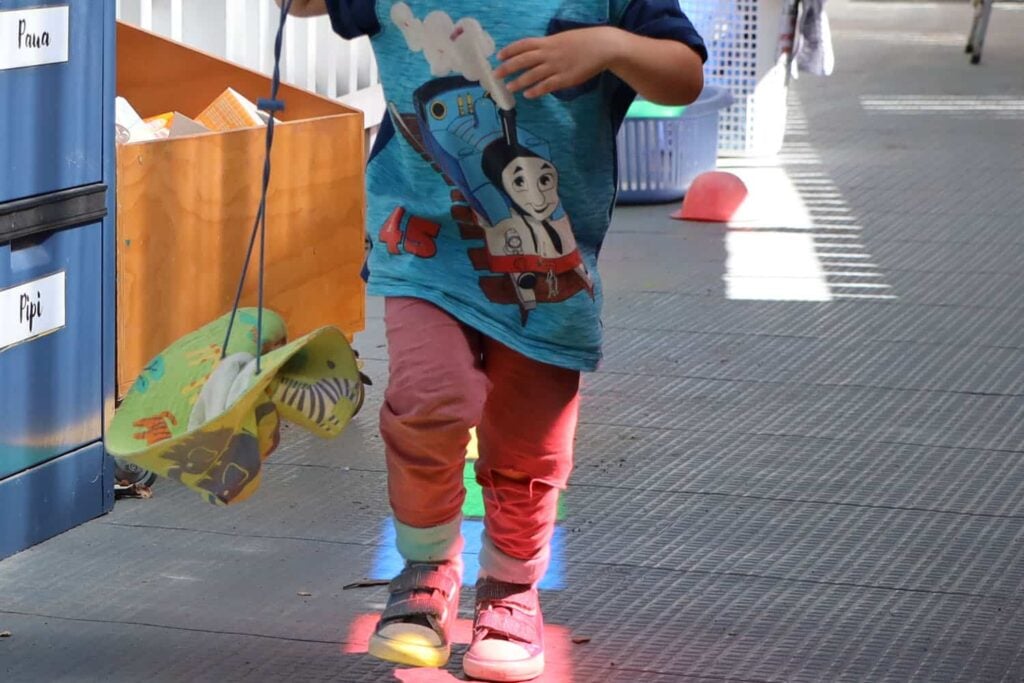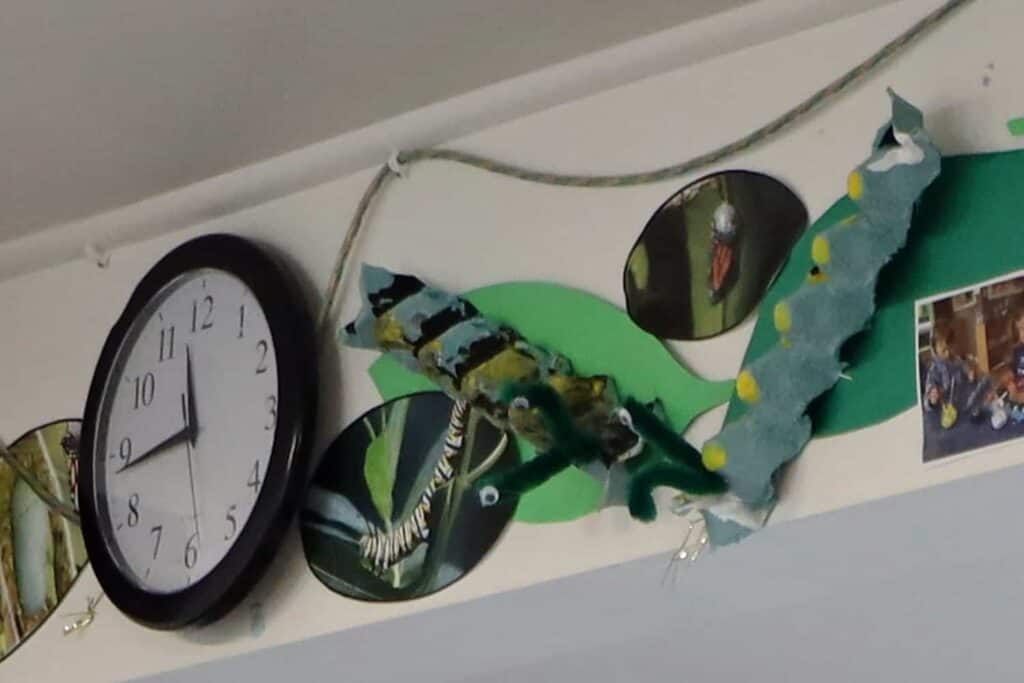July 2, 2015.
More early childhood education money is going to business entrepreneurs, shareholders, and corporations than ever.
Government spending on early childhood education has increased significantly from $860 million to $1.6 billion since 2007/08, but whether this extra funding has actually improved care or learning outcomes for children is not clear.
Due to the guaranteed income stream from the Ministry of Education, running a childcare business or owning shares in one can be a financially attractive proposition.
Privately-owned centres now make up 69% of all licensed childcare centres up from 57% ten years ago.
Some or a lot of Government’s new spending on early childhood education may be flowing out as profit to individuals, companies, and shareholders if recent reports are anything to go by.
A new company, Evolve Education, listed on the New Zealand Stock Exchange in the past year, has bought numerous childcare services including PORSE home-based and centres under the Lollipops brand.
Evolve Education forecasted revenue for its first year to be $136 million with a significant portion of its revenue coming from government funding and a profit of $16.6m for the same year with an interim dividend payment to shareholders of $4.6 million.
In the compulsory school sector, schools are funded differently depending on their status as public or charter schools, private and state-integrated. Should this also not be the case in the early childhood sector?
The current state of affairs in ECE is easy pickings for profit-motivated groups and individuals.
Unlike setting up a school, it is relatively easy for any person, company or organisation to provide an early childhood education service, as long as they meet minimum licensing conditions and pay the licensing fee.
Kindergartens, once a revered part of the education system and supported within the state sector, are now competing with childcare operators for survival – including doing such things as running all-day sessions, caring for toddlers, and expanding into home-based care.
Labour politicians talk of the not-for-profit sector being squeezed and the ‘quality’ of early childhood education suffering.
Teacher union leaders recently called for an inquiry into for-profit early childhood education claiming it provides lower quality.
Among community-based childcare centres the teacher turnover rate of 15.8% is lower than the 22.4% at private centres, and the centres also tend to be licensed for smaller groups of children which is linked to better developmental outcomes for children.
But on the percentage of qualified teaching staff and teacher-to-child ratios there is actually little difference between the private and community-based childcare centres according to the Ministry of Education.
Profit margins for private centres are significantly more. Private centres on average receive income that is higher per child per hour than that of community-owned childcare centres and they pay out less in expenses. Income comes from a variety of sources, (e.g. fees charged to families, funding, donations, extra charges that a service has in addition to fees such as enrolment fees and charging when service is closed).
Community-owned centres on average spend more on children per hour of care and charge families less.
Enabling the profit-driven side of the early childhood sector to flourish may not necessarily be a bad thing when it means a greater supply of childcare making it easier for parents to find care for their child.
However the growth of the private sector seems to have been at the expense of many community-based centres.
The financial benefits of assisting community ECE services stay in the community and do not go into private hands. Assisting community provision may do more to support parenting skills, learning and social networks.
An ECE sector survey of government performance revealed a low level of confidence in government’s efforts to ensure ‘quality’ in early childhood education. The survey also reports a review on how the Government could better support community-based provision was wanted as one of the top 5 priorities for change.
In our society there is general agreement that the State has a role to play in funding early childhood education. Moreover, the provision of childcare is recognised as to be an important factor in parents’ participation in paid employment. But why should the unbridled proliferation of private centres be allowed to continue?
Before answering this question we need to establish better clarity around what is a private ECE service.
Being profit-driven does not define all private ECE services.
There are some owners who work hard to keep fees affordable to families, while also paying their staff well and ensuring staff receive ongoing quality professional development.
They make little or no profit because they want to make a difference for children and not make money off them.
The recent change made by Kidicorp from being a commercial operation to being placed in the owners’ family charitable trust blurs the private/community dichotomy and creates a new category of a private charity service.
Discussions about private versus public early childhood education and which is better have been going around and around in circles for many years now.
Such talk distracts from the bigger issue of taxpayer funding for childcare that is profit-driven.








